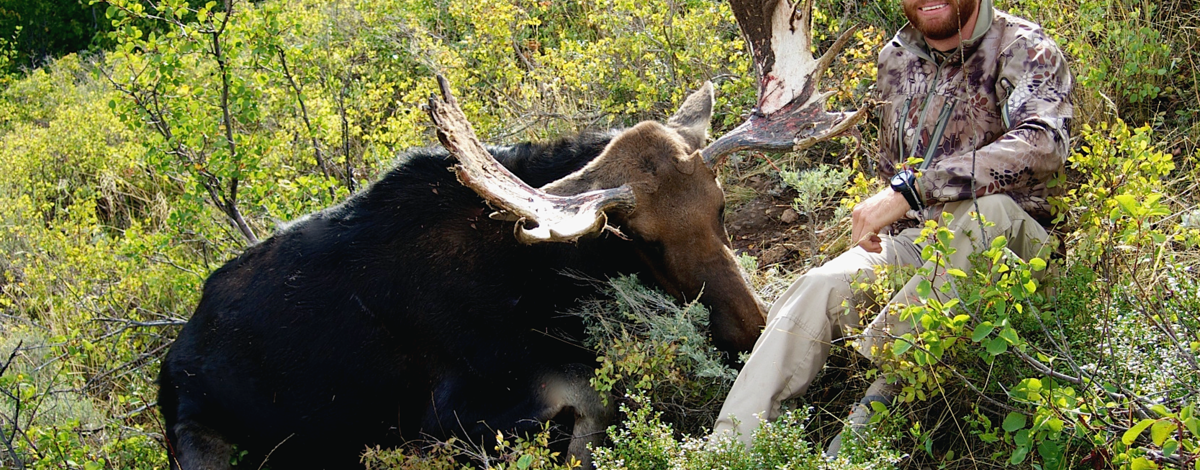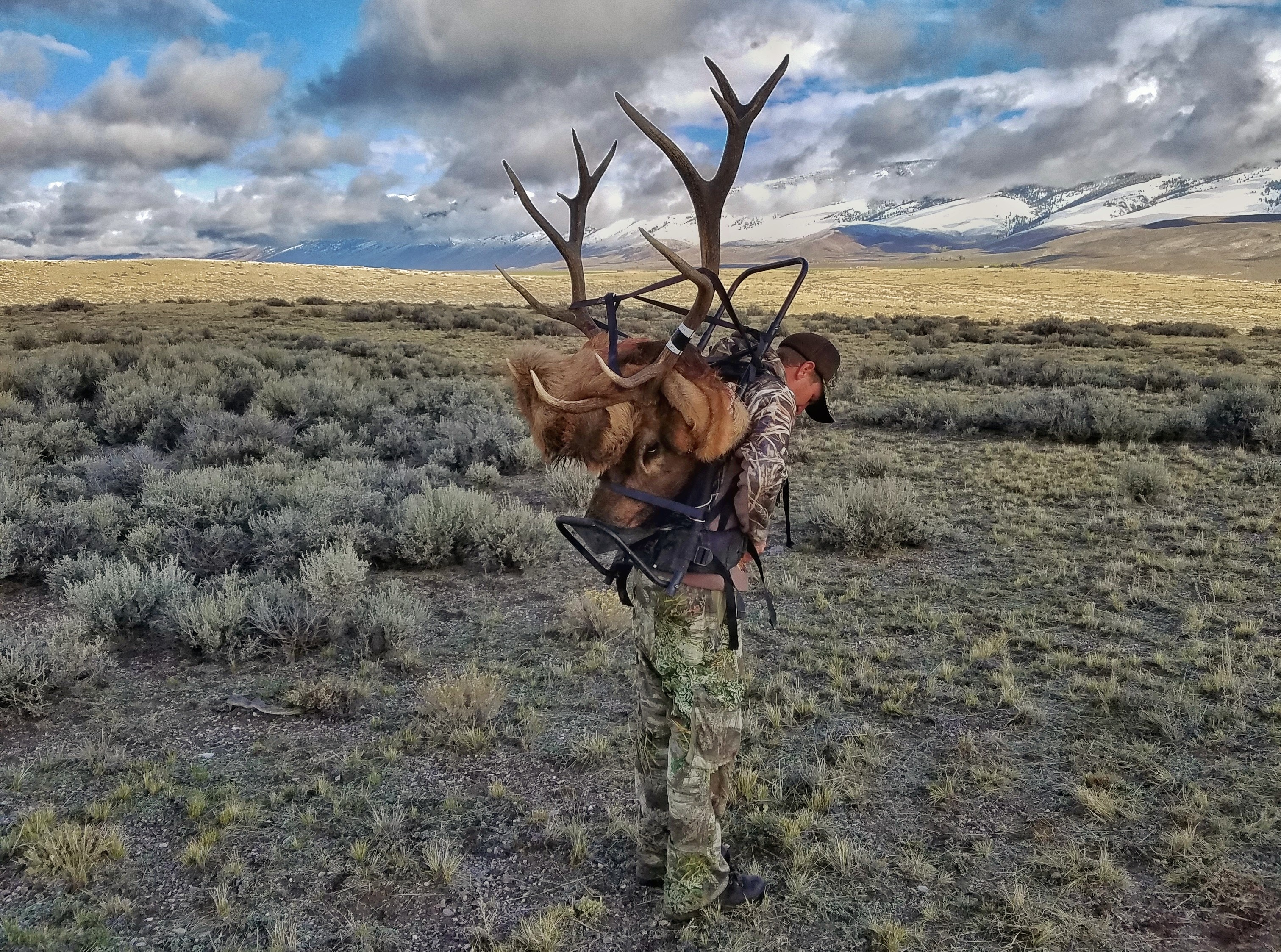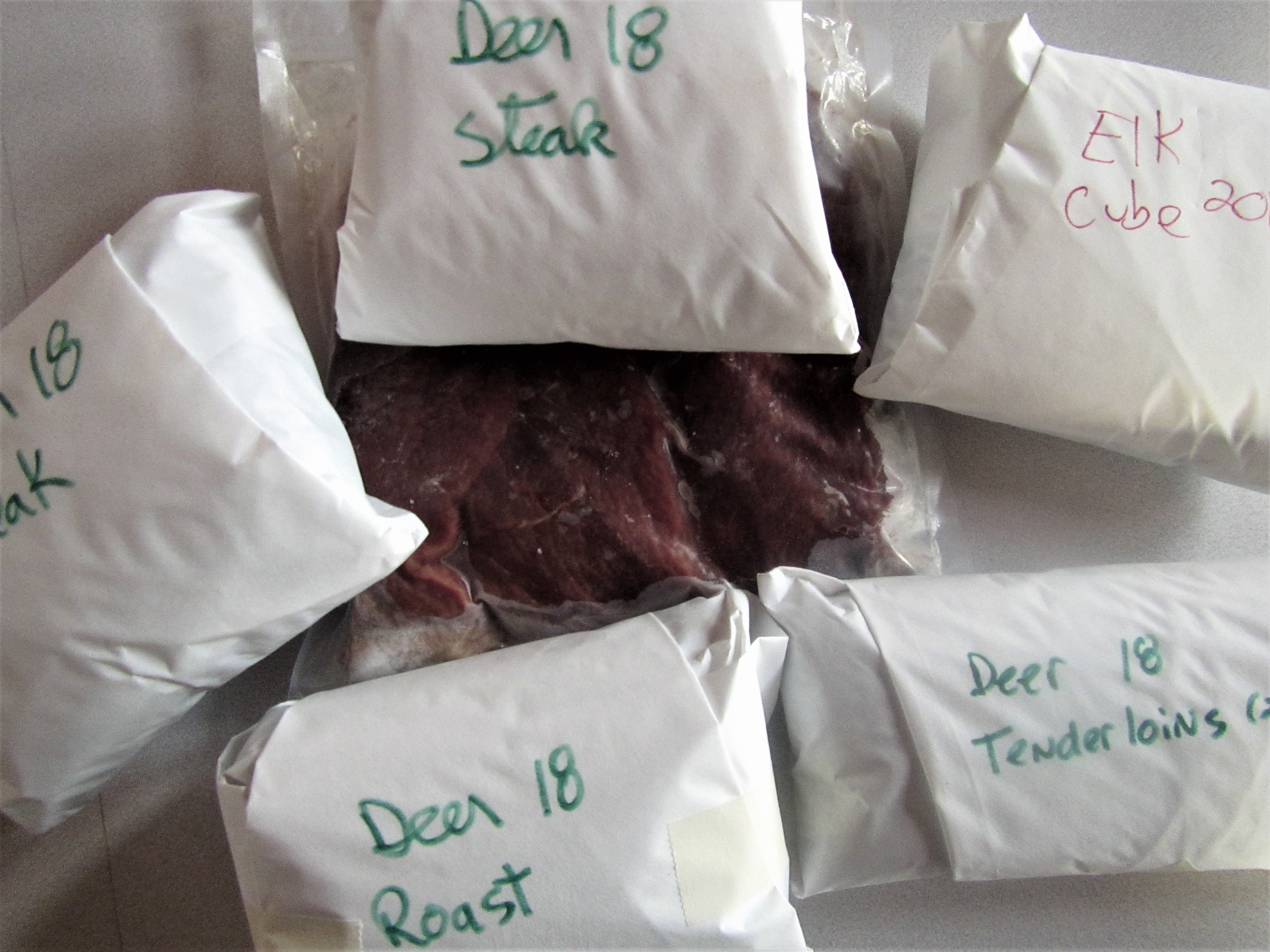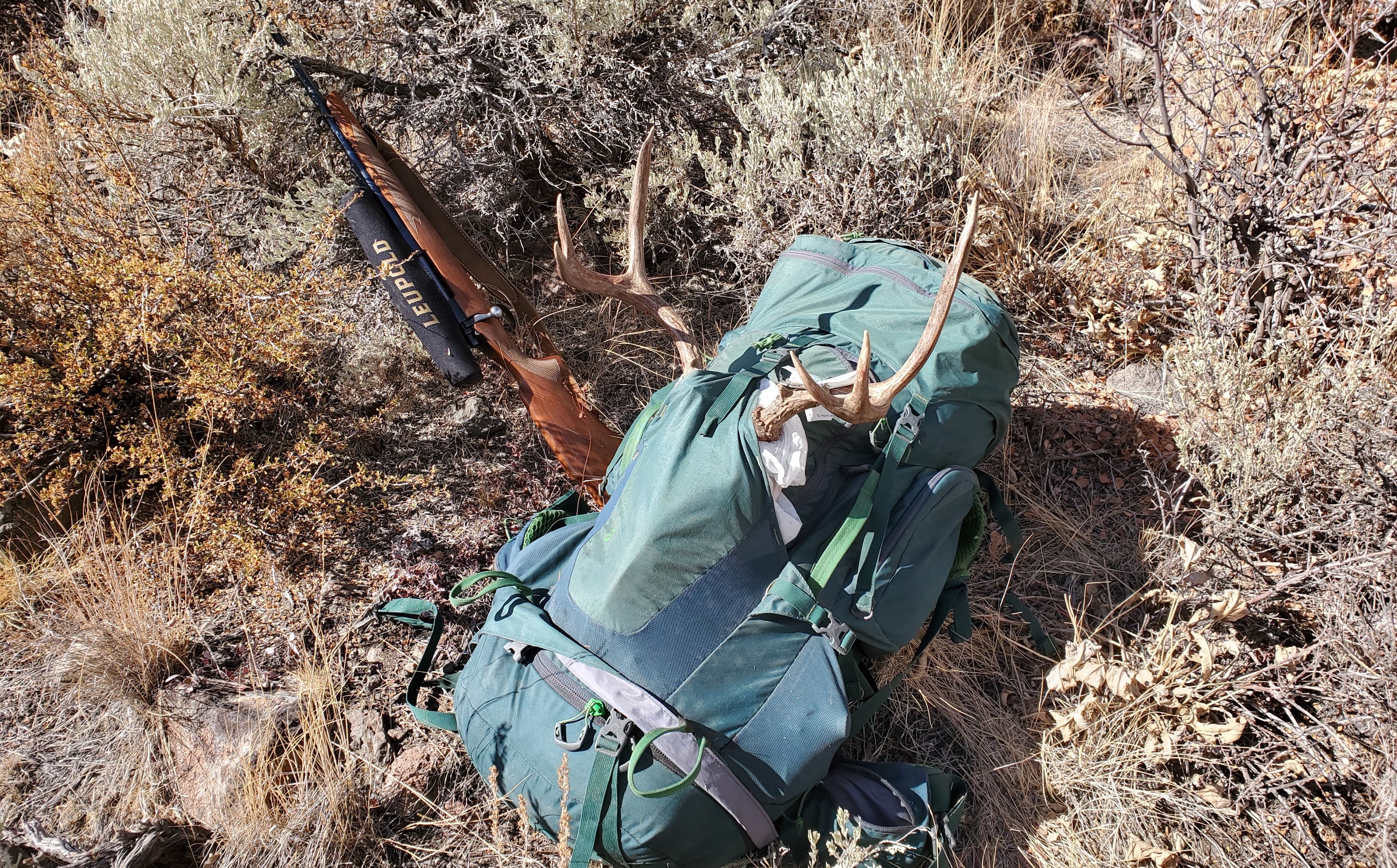Some early season hunting opportunities have already begun in Idaho, with additional archery seasons and moose hunts starting in September. While early season hunts can provide an excellent opportunity to harvest a big game animal, warm weather brings additional challenges when it comes to properly caring for game meat to prevent it from spoiling, especially when dealing with larger animals like moose and elk.
The key to preserving meat in hot weather is to begin the cooling process as quickly as possible. Meat spoils the quickest around the ball joints in the hip and underneath the front shoulders. Your harvest should be immediately skinned, reduced to quarters, and quickly transported to cold storage. In larger animals it may even be necessary to make some cuts in between muscles to the bone to allow heat to escape. Larger muscle masses take a long time to cool, and meat can spoil in a matter of hours if heat cannot escape.
Failure to cool meat down fast enough may result in what is commonly referred to as bone souring. Bone souring is caused by an explosion of bacteria, typically near the bones, that gives the meat a pungent aroma and foul taste. Once bone souring has occurred, there is no way to salvage or reverse it.
Hunters have a legal and ethical obligation to properly care for game meat they harvest. Allowing game meat to spoil will not only result in lost meat, but the hunter may also be cited for wasting game. Having a plan in place before you harvest in warm weather will help you end up with a freezer full of quality meat, instead of the heartache of spoiled meat.




